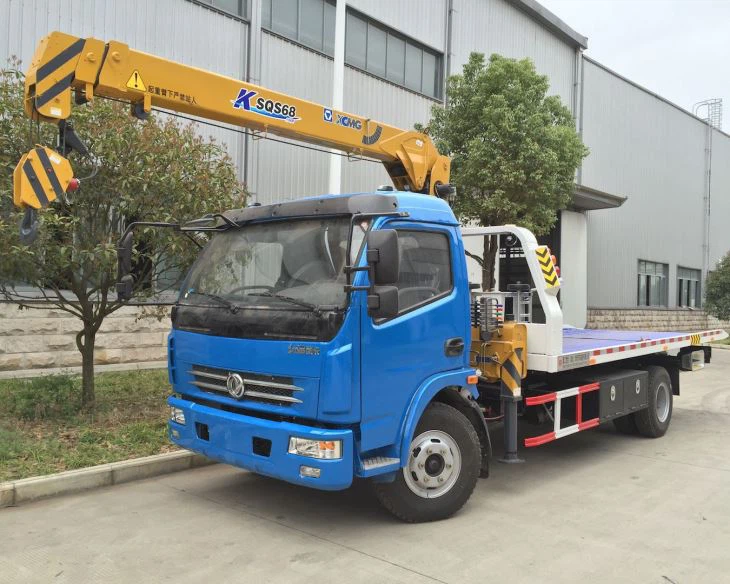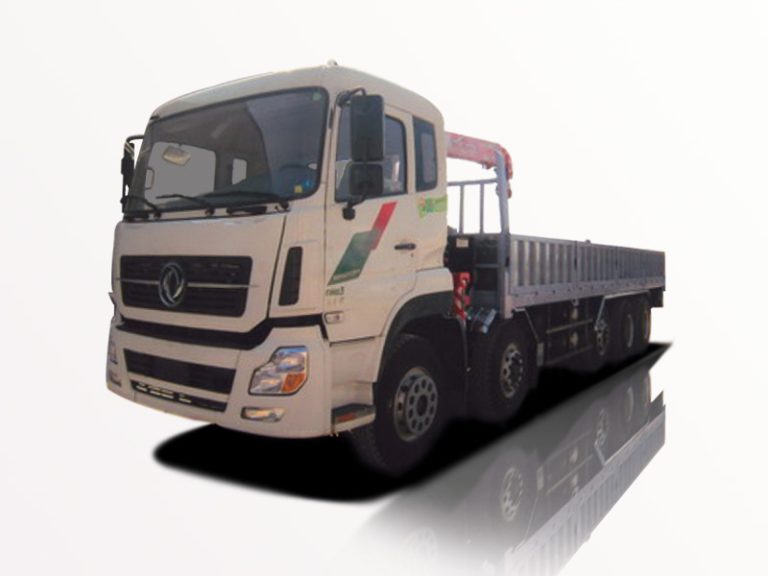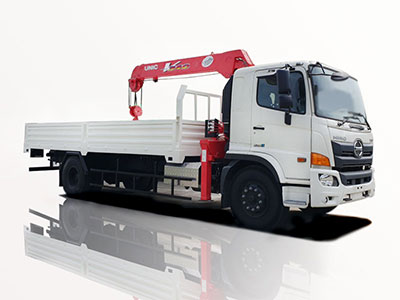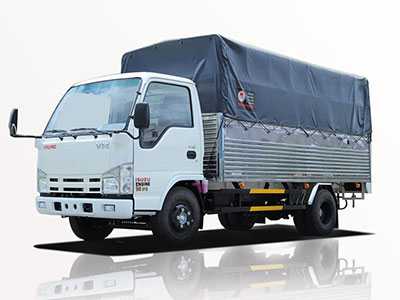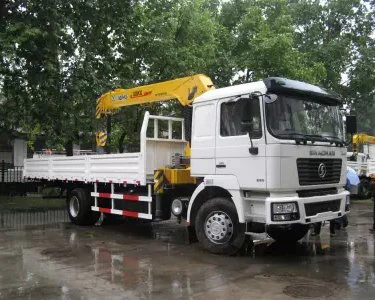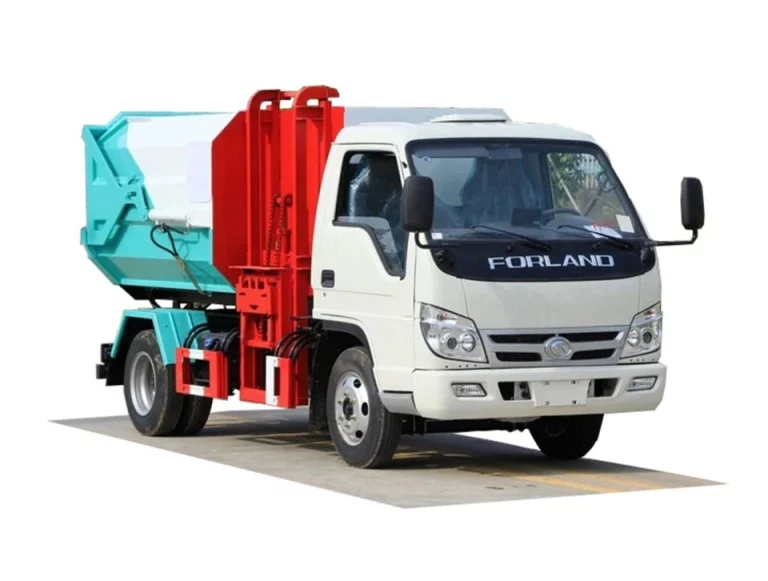When it comes to recreational vehicles, terms like RV and motorhome are often used interchangeably. However, understanding the differences between these two can greatly influence your travel experience, budget, and vehicle choice. This comprehensive guide dives deep into the nuances, features, advantages, and options for both RVs and motorhomes, giving you the knowledge you need to make an informed decision.
Understanding the Basics
What is an RV?
An RV, or recreational vehicle, encompasses a wide range of vehicle types designed for leisure and travel. This broad category includes motorhomes, but also trailers and campers that require towing. RVs are highly flexible and come in various sizes and styles to suit different needs.
What is a Motorhome?
A motorhome is a specialized type of RV with an engine designed for driving rather than towing. Motorhomes are built as a single unit that combines living space, sleeping areas, and kitchen facilities with the driving compartment. They are further classified into three main categories: Class A, Class B, and Class C.
Main Differences Between RVs and Motorhomes
1. Structure and Design
The primary difference lies in their structure. RVs can be categorized into motorized and towable types, whereas a motorhome is exclusively motorized. Here’s a breakdown:
| Type | Motorized | Towable |
|---|---|---|
| Motorhome | Yes | No |
| Travel Trailer | No | Yes |
| 5th Wheel | No | Yes |
2. Types of Motorhomes
Motorhomes are classified into three main categories:
- Class A: These are the largest and most luxurious motorhomes, often built on a bus chassis. They can offer full amenities and ample space.
- Class B: Also known as campervans, these are smaller, usually built on a van chassis. They are compact and great for stealth camping or easy maneuvering.
- Class C: These motorhomes are built on a truck chassis, recognizable by their over-cab sleeping area. They combine functionality with more space compared to Class B.
3. Cost Considerations
Typically, motorhomes tend to be more costly than towable RVs due to their built-in mechanics and features. Below is a general price range:
| Type | Average Price Range |
|---|---|
| Motorhomes (Class A) | $50,000 – $500,000+ |
| Motorhomes (Class B) | $40,000 – $150,000+ |
| Motorhomes (Class C) | $60,000 – $200,000+ |
| Travel Trailers | $10,000 – $50,000+ |
| 5th Wheel Trailers | $15,000 – $100,000+ |
4. Maintenance Requirements
Motorhomes generally require more maintenance since they contain complex systems, including the engine and drive train. On the other hand, towable RVs often have fewer maintenance concerns as they are separate from the vehicle used to tow them. However, regular checks are necessary for both RV and motorhome types, including:
- Engine maintenance (for motorhomes)
- Tyre checks
- Brake inspections
- Plumbing and electrical inspections
5. Driving Experience
Driving a motorhome can provide a unique experience as everything is integrated. However, the size and length can make maneuvering challenging compared to driving a truck or car towing an RV. Towing requires familiarity with the trailer and the associated handling. If you prefer a seamless experience without the hassle of connecting and disconnecting a trailer, a motorhome may be the way to go.
6. Space and Comfort
Generally, motorhomes offer more living space and comfort with built-in amenities, though high-end towable RVs can provide similar features. Here are a few comparisons:
| Feature | Motorhome | Towable RV |
|---|---|---|
| Sleeping Capacity | 2-8 people | 2-10 people |
| Kitchen Facilities | Full | Varies from minimal to full |
| Bathroom Facilities | Full (toilet+shower) | Varies (possible partial) |
7. Fuel Economy
Motorhomes tend to consume more fuel than most towing vehicles due to their size and weight. It’s essential to consider the fuel efficiency of a motorhome before making a decision:
- Class A: Typically 6-10 MPG
- Class B: 18-25 MPG
- Class C: 10-15 MPG
In contrast, the fuel efficiency of your towing vehicle when pulling travel trailers or 5th wheels may vary significantly, depending on the weight and aerodynamics.
8. Insurance and Registration
Insurance for motorhomes may be higher due to their value and the risk associated with driving them. Conversely, towable RVs are generally less expensive to insure but require the towing vehicle to be insured as well. Always check with individual insurance providers to compare costs. Registration may also differ by state, and some states may have specific requirements for motorhomes.
9. Additional Features
When you choose between an RV and a motorhome, you will discover unique features for each type. For instance:
- Motorhomes often include luxury touches like slide-outs for increased space, televisions, and built-in generators.
- Towable RVs can be equipped with options like outdoor kitchens, larger storage areas, and fold-out bunks for extra space.
Practical Tips for Decision Making
Assess Your Travel Style
Before making a purchase, consider how you plan to travel. If you enjoy a quick, spontaneous getaway with minimal setup, a motorhome could be ideal. If you prefer exploring different locations and setting up camp, a towable RV might suit your needs better.
Test Drive and Visit Showrooms
It’s crucial to have hands-on experience. Visit RV showrooms or rental companies to try out various options. Understanding how features work and the feel of driving will provide invaluable insights.
Evaluate Budget and Financing Options
Establish a clear budget that includes potential maintenance, insurance, and fuel costs. Research financing options if you plan on getting a new or used vehicle.
Join RV Communities
Engaging in online RV communities or joining local clubs will offer you priceless advice from experienced RVers and motorhome owners, helping you learn from their journeys and decisions.
FAQs About RVs and Motorhomes
1. Can I tow a trailer with a motorhome?
Yes, depending on the weight capacity of your motorhome, many play the role of tow vehicles themselves. However, you should always check the manufacturer’s guidelines.
2. Which is better for families, an RV or a motorhome?
Both can cater to families, but motorhomes usually offer more living space and amenities for larger groups, which could be appealing to families traveling together.
3. Do RVs have all the same amenities as motorhomes?
Not necessarily. While many RVs offer comparable amenities, motorhomes typically provide a more comprehensive set, especially in larger models.
4. What is the average lifespan of a motorhome and an RV?
Motorhomes generally last around 25 years, while the lifespan of towable RVs may vary based on type and maintenance but can be around 10 to 20 years.
5. Are motorhomes easier to drive than towing a travel trailer?
This largely depends on your experience; some might find motorhomes easier due to their integrated design, while others may prefer the handling of smaller, individual vehicles for towing.
6. What is the insurance cost difference between RVs and motorhomes?
Motorhome insurance generally tends to be more expensive than that for standard towable RVs since they include more valuable components and higher liability risks. However, insurance costs can vary widely based on multiple factors.
